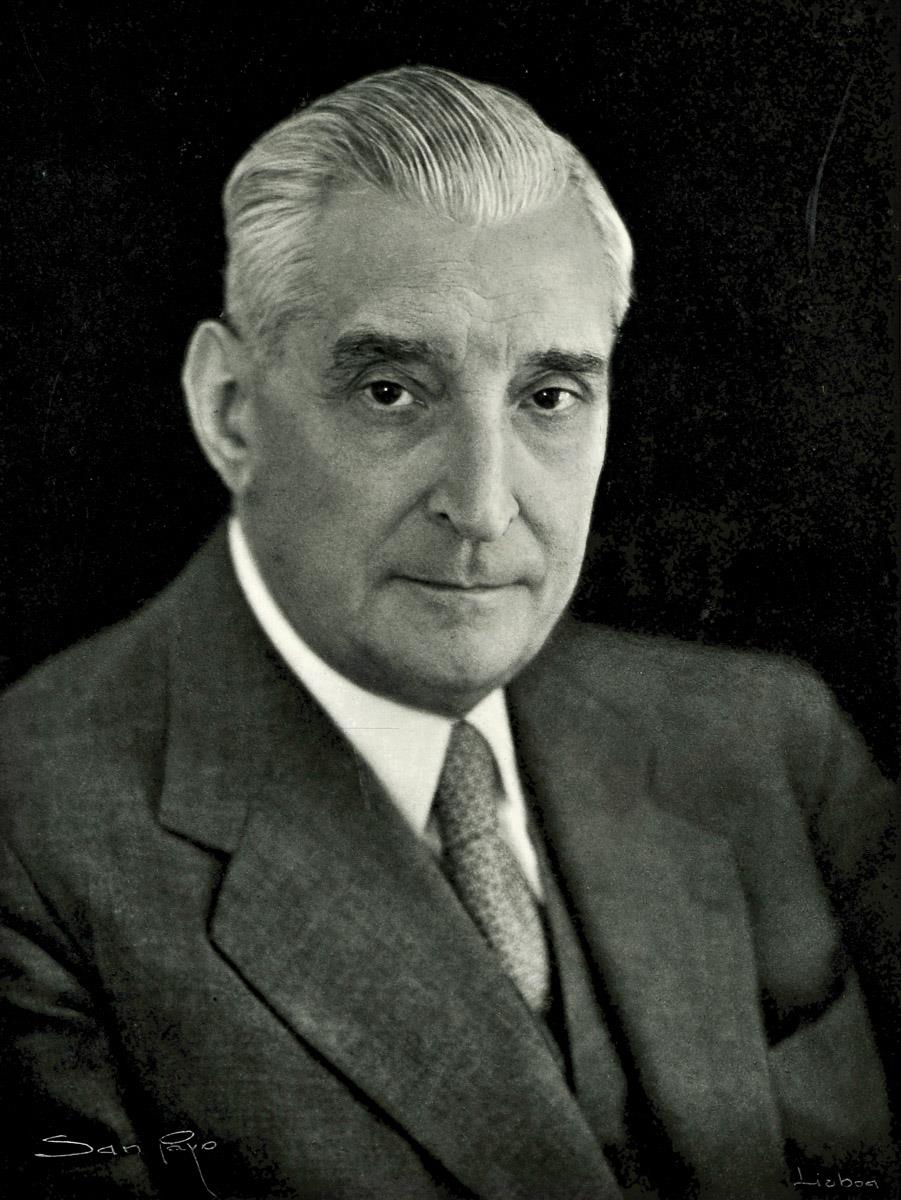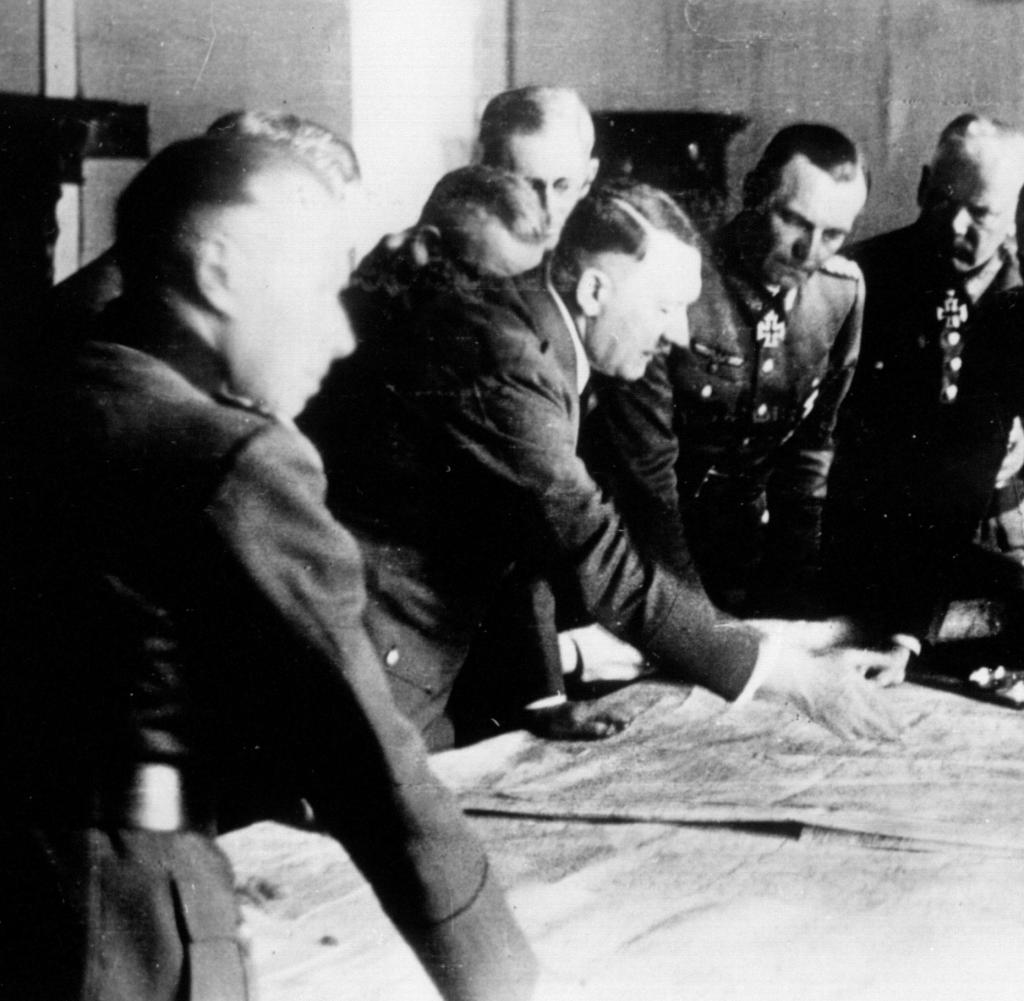NATO was founded on this day in 1949. Its mission, as its first Secretary General said, was "to keep the Soviets out, the Americans in, and the Germans down." 

Like the fascist project that it absorbed, NATO's anti-communism was directed not just at the USSR, but at the aspirations of the European people—and the anticolonial movements springing up around the globe.
In Europe, NATO was quick to rehabilitate fascists. António Salazar's brutal regime in Portugal was a founding member of NATO. Adolf Heusinger, a senior Nazi officer wanted by the Soviet Union for war crimes, would become Chairman of its Military Committee. 



Covert “stay-behind” operations cultivated a new generation of militants to thwart left-wing political projects—beginning in 1948, the CIA funneled millions to right-wing groups in Italy alone, and the US contemplated invading if the popular Communist Party came to power. 







Hundreds were massacred in attacks carried out by US-funded right-wing groups, many of which were pinned on the left—part of a “Strategy of Tension” that terrorized people into abandoning their loyalties to the rising Communist and socialist movements. 

Beyond Europe, Walter Rodney had described how “Virtually the whole of North Africa was turned into a sphere of operations for NATO." Fighting for liberation, Amílcar Cabral saw the weapons that flowed into Africa through the alliance—fuelling wars to preserve colonial dominance. 

When the US won the Cold War and the Warsaw Pact disbanded, it seemed that NATO's mission, too, would come to an end. The opposite became true. As Europe planned to build a new, common security architecture, the US was preparing for a new era of unipolar hegemony. 

“We can’t let the Soviets clutch victory from the jaws of defeat,” George H.W. Bush told Germany's Helmut Kohl. No organization would “replace NATO as the guarantor of Western security and stability,” he told France's François Mitterrand, setting the stage for NATO expansion. 

The motivations behind these moves became clear with the leak of the so-called Wolfowitz Doctrine in 1992. “Our first objective,” the document said, “is to prevent the re-emergence of a new rival, either on the territory of the former Soviet Union or elsewhere.” 

The Wolfowitz Doctrine was later revised by Dick Cheney and Colin Powell and became the doctrine of George W. Bush, leaving a trail of death and sorrow across the Middle East. 

NATO’s war in Libya saw open-air slave markets reappear in a country that once had Africa’s highest Human Development Index. That destruction fuelled militancy and conflict beyond Libya — in Mali, Algeria and Niger. 

Today, NATO arms and trains forces in places like Morocco, helping sustain the violent occupation of Western Sahara, while outsourcing European border security—a role that saw Morocco massacre dozens of refugees in Melilla last year. 

As a tool of US unipolar hegemony, NATO is also a vehicle for the spread of neoliberal ideology to its member states—another tool to disarm the aspirations of the people and subordinate democracy to global capital. There can be no socialism within NATO.
https://twitter.com/pawelwargan/status/1501977198588215296
And rarely addressed is NATO's role in the US pursuit of "nuclear primacy", which from the 1970s has seen NATO member states host US nuclear weapons to reduce striking distance to the USSR. The US maintains a highly aggressive nuclear doctrine that allows for a first strike. 

In recent years, NATO has adopted an increasingly assertive posture—plotting the emergence of a "Global NATO" and fuelling an aggressive new Cold War against China, one of the great threats facing our generation. 

NATO is an anachronism. It emerged as an instrument of division and conquest just as humanity was preparing to put violent domination behind it and welcome a new era of human cooperation—principles outlined in the UN Charter, a document adopted with unprecedented consensus. 

As a hangover from the colonial era, NATO cannot and will not survive the decline in Western hegemony.
The majority of humanity is moving ahead with projects of cooperation, development, and dignity—necessities to confront the great crises of our time.
The majority of humanity is moving ahead with projects of cooperation, development, and dignity—necessities to confront the great crises of our time.
• • •
Missing some Tweet in this thread? You can try to
force a refresh
















